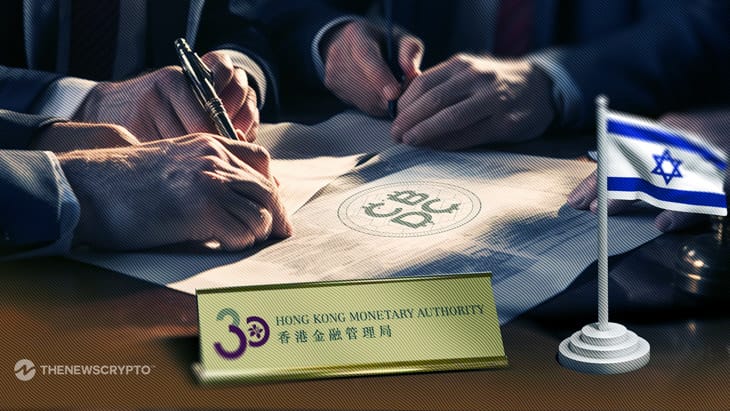- Since all trades are settled on the balance sheet of the central bank, credit risk is eliminated.
- The novel arrangement will encourage creativity, rivalry, and improved service delivery.
In an effort to test the viability of a CBDC, the Hong Kong Monetary Authority (HKMA), the Bank for International Settlements (BIS) Hong Kong Centre, and the Bank of Israel (BOI), have collaborated. Project Sela is an effort to build a robust, decentralized, reliable CBDC (rCBDC) ecosystem that puts privacy and security first.
The project is examining the allocation of tasks between the private sectors. In this proposed framework, sector intermediates would handle customer-facing services and regulation while the central bank controls the ledger and accounts for end users. Those in the know say this novel arrangement will encourage creativity, rivalry, and improved service delivery.
Facilitating Wider Access
Moreover, by creating a new class of service providers called “Access Enablers” (AEs), legal study has established the feasibility of Project Sela’s proposed structure. Also, these specialist businesses handle consumer contacts without themselves controlling or holding digital money.
Since all trades are settled on the balance sheet of the central bank, which retains ultimate accountability for the currency, credit risk is eliminated. This agreement lowers requirements for AEs, which might increase the number of available payment processors and stimulate competition.
Project Sela’s emphasis on cyber security is a response to concerns that facilitating wider access might introduce new vulnerabilities. The objective is to guarantee that security remains intact. While benefitting from accessibility by exploiting Israel’s experience in cybersecurity and drawing ideas from initiatives in Hong Kong.
Highlighted Crypto News Today:








